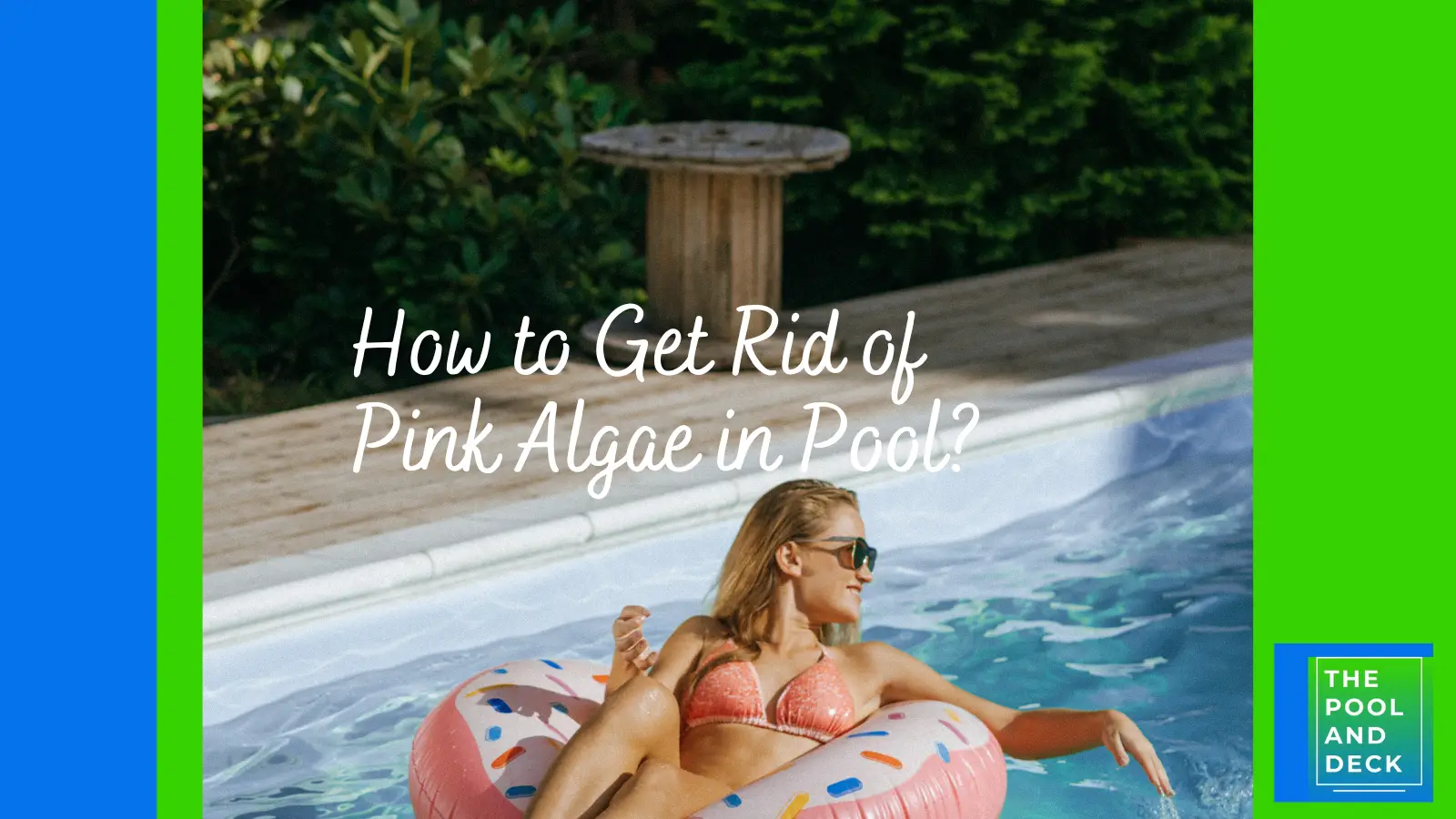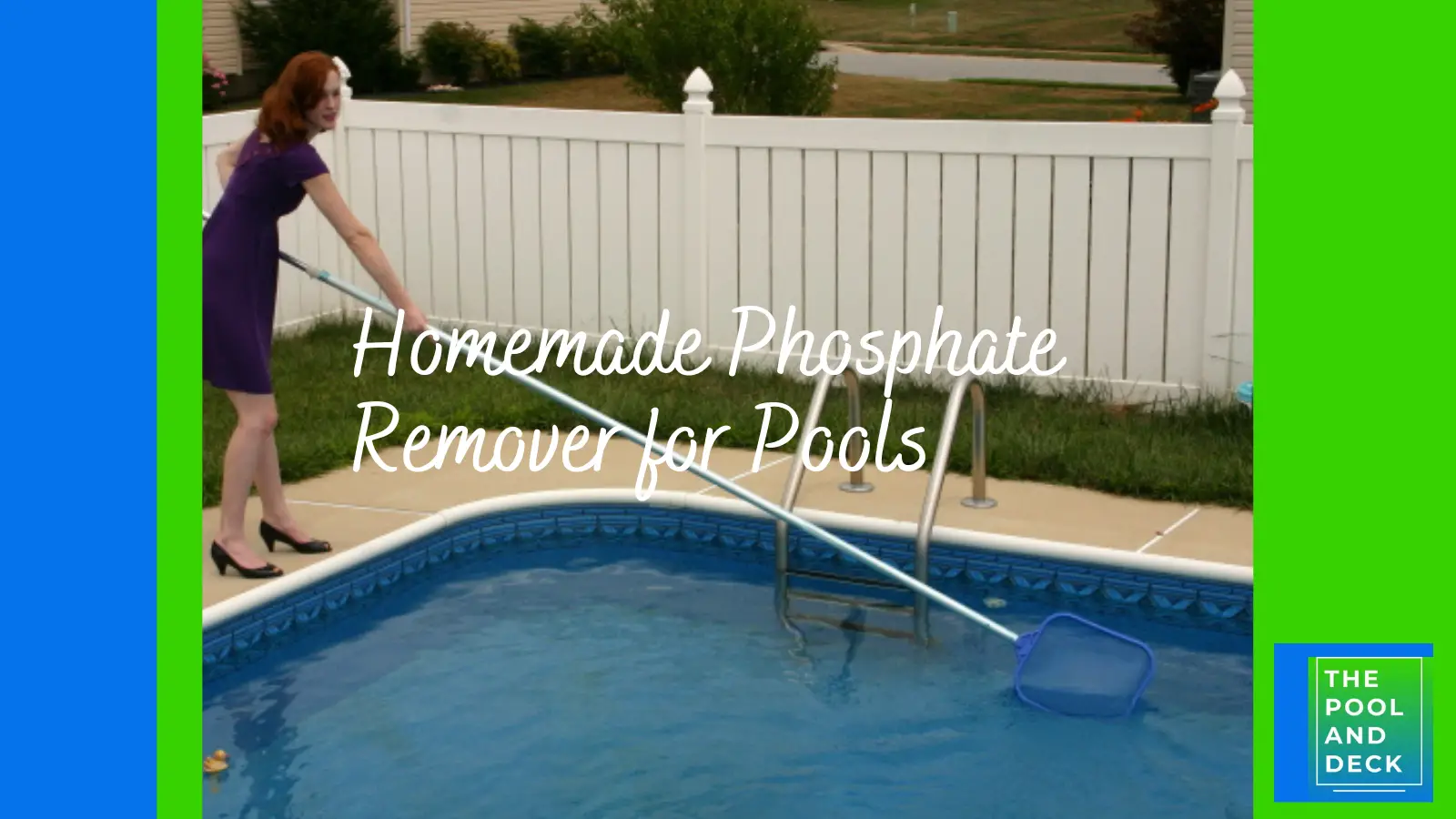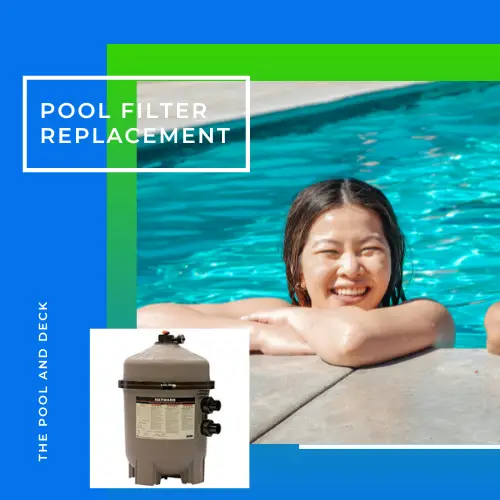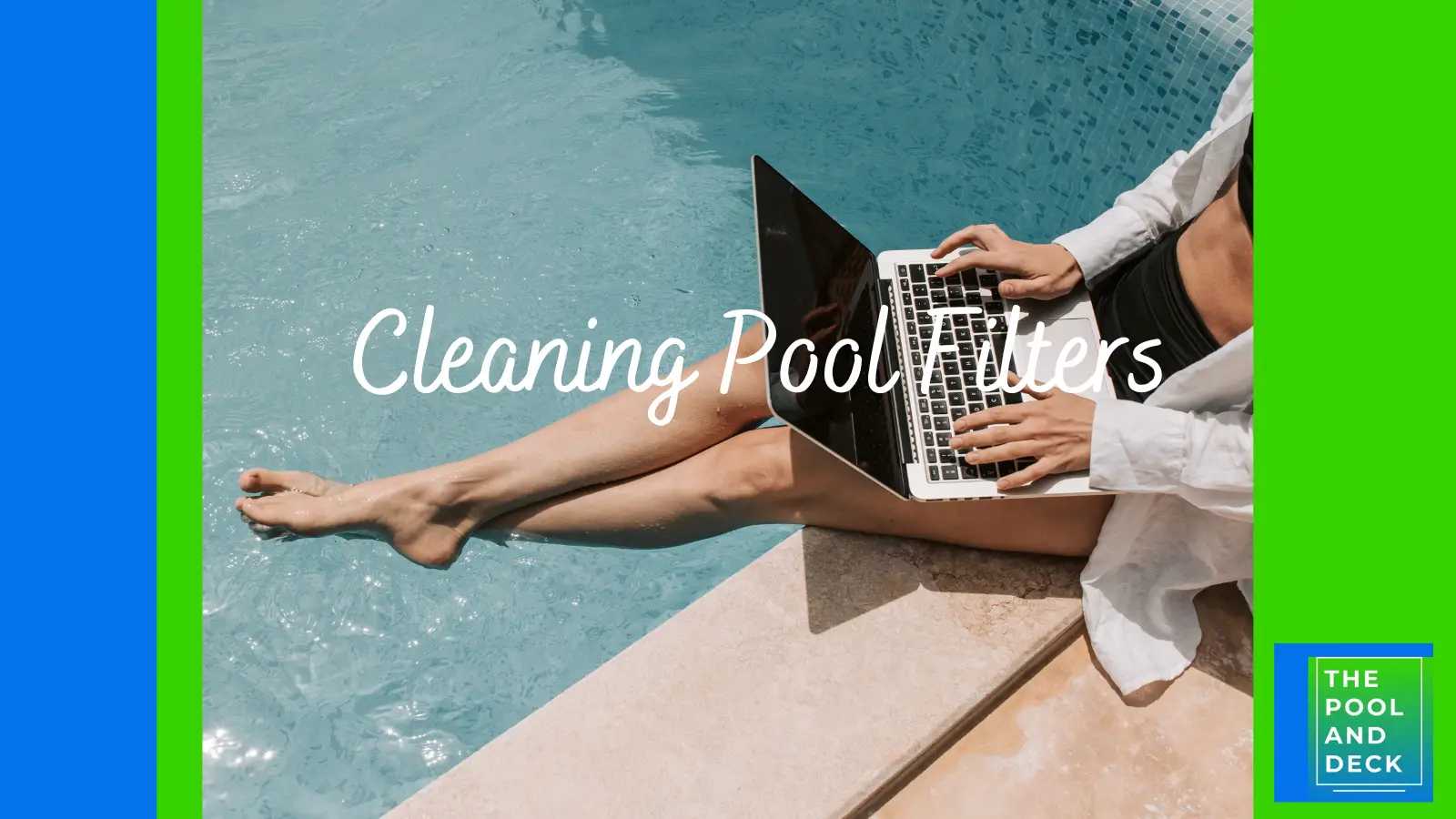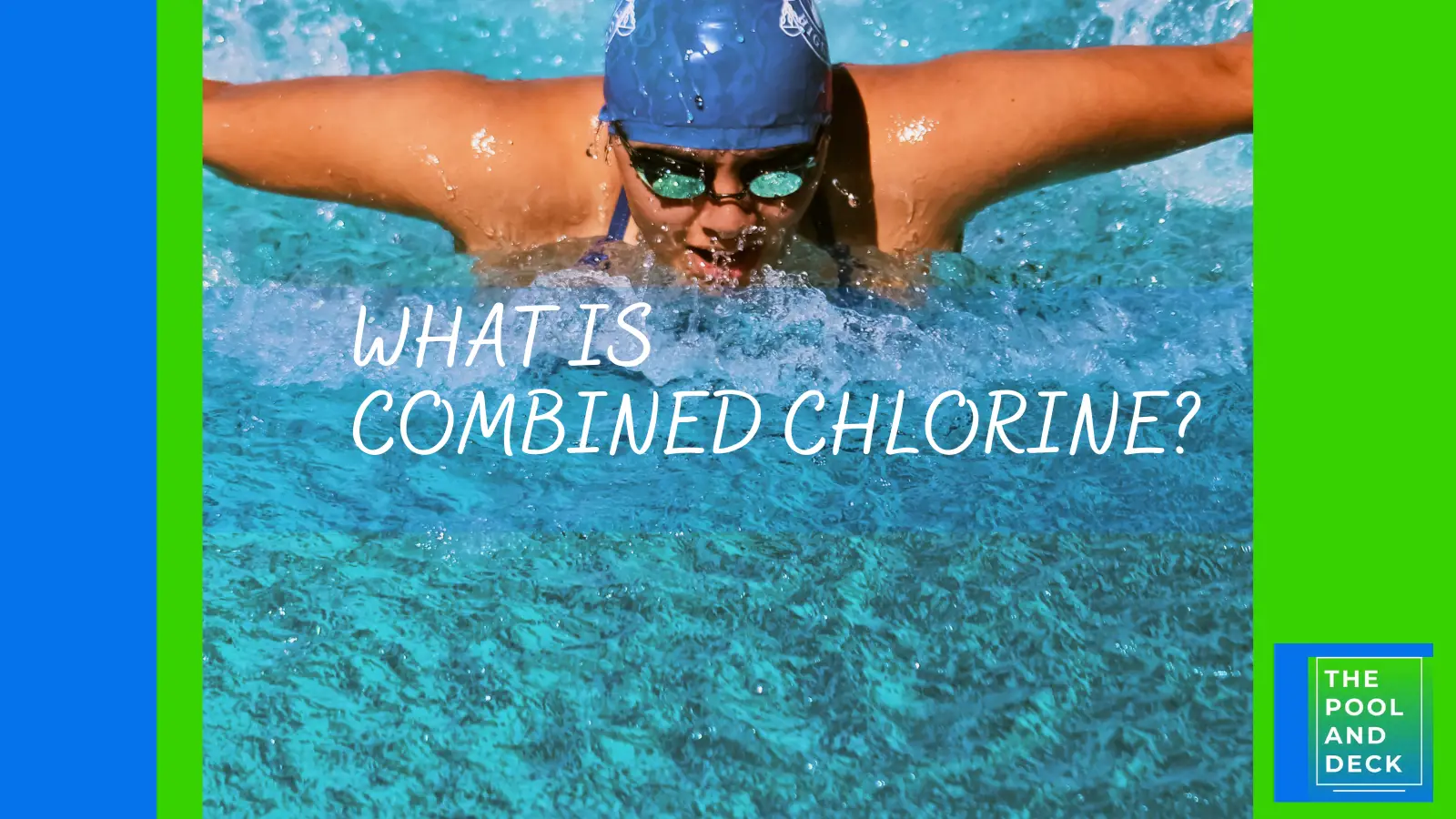Cyanuric Acid and Pool Alkalinity Relationship: An Easy Guide for 2024!
As an Amazon Associate, I earn from qualifying purchases.
A question that I get asked often is whether Cyanuric Acid and Pool Alkalinity are related? And if so what is the relationship?
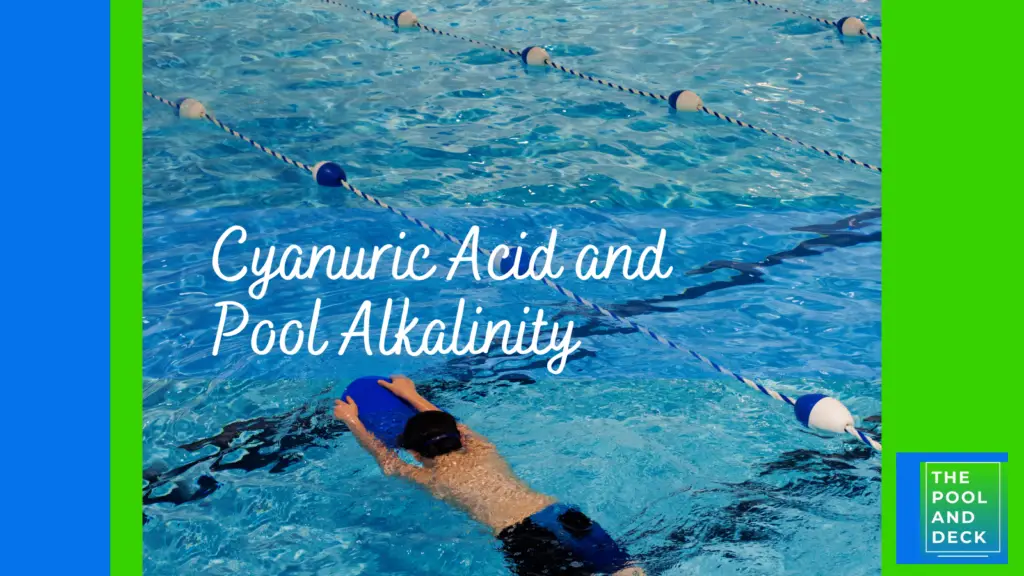
In fact, Cyanuric Acid and Pool Alkalinity are not directly related provided key measures of pool chemistry are balanced. However, if Cyanuric Acid (CYA) levels increase beyond 50 ppm, there will be an increase in cyanurates and consequently an increase in Total Alkalinity (TA).
Table of Contents
Cyanuric Acid and Pool Alkalinity Relationship: Is There One?
To keep your swimming pool free of germs, bacteria and algae you have to use a sanitizer. To make sure that the Free Chlorine (FC) levels remain in the 2-4 ppm recommended range, you have to directly or indirectly add Cyanuric Acid (CYA), a stabilizer. But, Does Cyanuric Acid Affect Pool Alkalinity?
Cyanuric Acid (CYA) does not significantly affect Total Alkalinity (TA) provided key measures of pool chemistry are balanced. The ideal levels are Free Chlorine (FC) between 2-4 ppm, Cyanuric Acid (CYA) between 30-50 ppm and pH between 7.4 and 7.6.
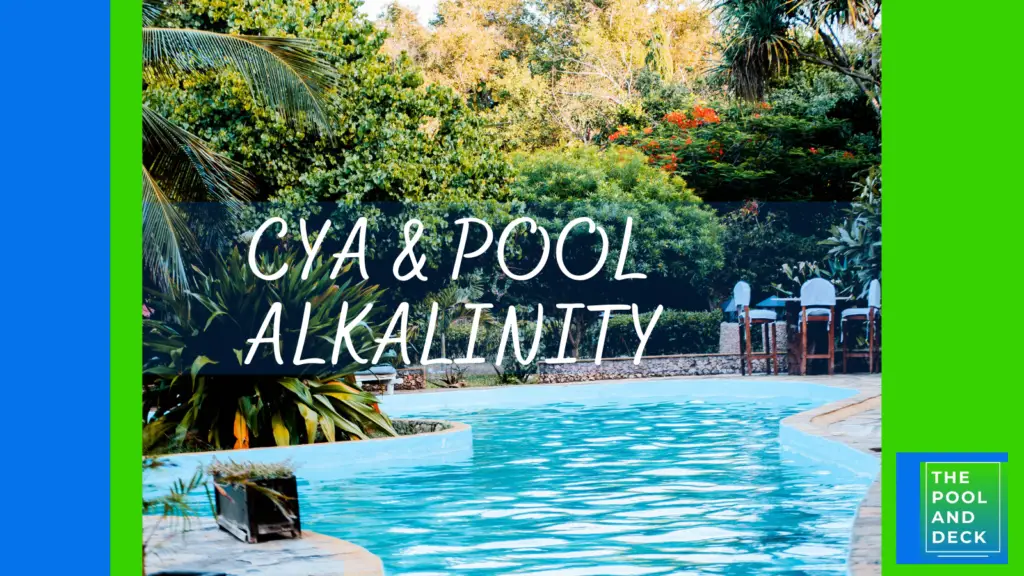
Alkalinity is a measure of the carbonates in the pool water. Total Alkalinity (TA) is a measure of the total of carbonates and cyanurates in the pool water. Part of Cyanuric Acid (CYA) combines with pool water to form cyanurates.
So an increase in Cyanuric Acid (CYA) levels, beyond 50 ppm, will result in an increase in cyanurates and consequently an increase in Total Alkalinity (TA).
Are Alkalinity and Total Alkalinity the Same?
Alkalinity is the measure of carbonate and bicarbonates in the pool water. Carbonate alkalinity is important because if it is low, it means the water is more acidic and more corrosive.
Total Alkalinity (TA) is the measure of carbonate, bicarbonate, hydroxyl and cyanurate ions in the pool water. The reading for Total Alkalinity (TA) is always higher than the reading for Alkalinity, the difference being the cyanurate.
The difference between Total Alkalinity (TA) and Alkalinity will be high if Cyanuric Acid (CYA) level has increased over time. So while Total Alkalinity (TA) may be within 80-120 ppm, as recommended, the Carbonate Alkalinity may be significantly lower.
Carbonate Alkalinity = Total Alkalinity (TA) less ⅓ rd of Cyanuric Acid (CYA)
The above formula is at a pH level of 7.6. The multiplier (cyanuric acid corrective factor) is pH dependent.
In case the Total Alkalinity (TA) is 80 ppm and Cyanuric Acid (CYA) is 90 ppm, then the Carbonate Alkalinity is just 50 ppm. This is low and the pool water will be corrosive.
Does Cyanuric Acid Raise or Lower pH?
Increase in Cyanuric Acid (CYA) level will result in lower pH.
To begin with you may have balanced your pool by getting the following measurements in range.
- Free Chlorine (FC) between 2-4 ppm,
- Cyanuric Acid (CYA) between 30-50 ppm
- Total Alkalinity (TA) between 80-120 ppm
- pH between 7.4-7.6
As a sanitization process you are constantly adding Chlorine to your pool. To protect the Chlorine from UV radiation you are also, directly or indirectly, adding Cyanuric Acid (CYA) to the pool.
The Chlorine gets spent in neutralizing the pathogens or is depleted by UV rays. But the Cyanuric Acid (CYA) stays and the level keeps rising.
So even when Total Alkalinity (TA) is within the recommended range of 80-120 ppm the Carbonate Alkalinity (CA) starts to drop.
Low Carbonate Alkalinity (CA) results in the water getting more acidic or lower in pH. In essence, high Cyanuric Acid (CYA) level results in lower pH.
You can reduce the Cyanuric Acid (CYA) level in your pool by adding more freshwater or by using a Cyanuric Acid (CYA) Reducer.
Recommended Swimming Pool Chemicals
Best Stabilizer and Conditioner
Rx Clear Stabilizer and Conditioner will reduce chlorine loss caused by the UV radiation from the sun. Adding stabilizer in the spring greatly increases chlorine effectiveness and will actually cut chlorine consumption. Rx Clear Stabilizer Contains 100% Cyanuric Acid. Order from Amazon using the link below:
Rx Clear Swimming Pool Stabilizer and Conditioner
Best Baking Soda for Increasing Pool Alkalinity
Arm & Hammer is clearly the leader in Baking Soda. The product has multiple uses in the home, cleaning, laundry & deodorizing. It works great for increasing swimming pool alkalinity too!
You can use my Pool Baking Soda Calculator to determine the dosage for your pool.
Order from Amazon using the link below:
2 x 13.5 Pounds Arm & Hammer Pure Baking Soda (27 Pounds Total)
Best CYA Reducer
Bio-Active, a new biological and natural approach, has been proven to reduce Cyanuric Acid (CYA) levels by disintegrating it at the molecular level. It won’t cause adverse effects on your pool and is also non-toxic, non-polluting and completely biodegradable. Order from Amazon using the link below:
Bio-Active Cyanuric Acid Reducer
Thank you very much for reading the post. I do hope you found it informative and helpful.

